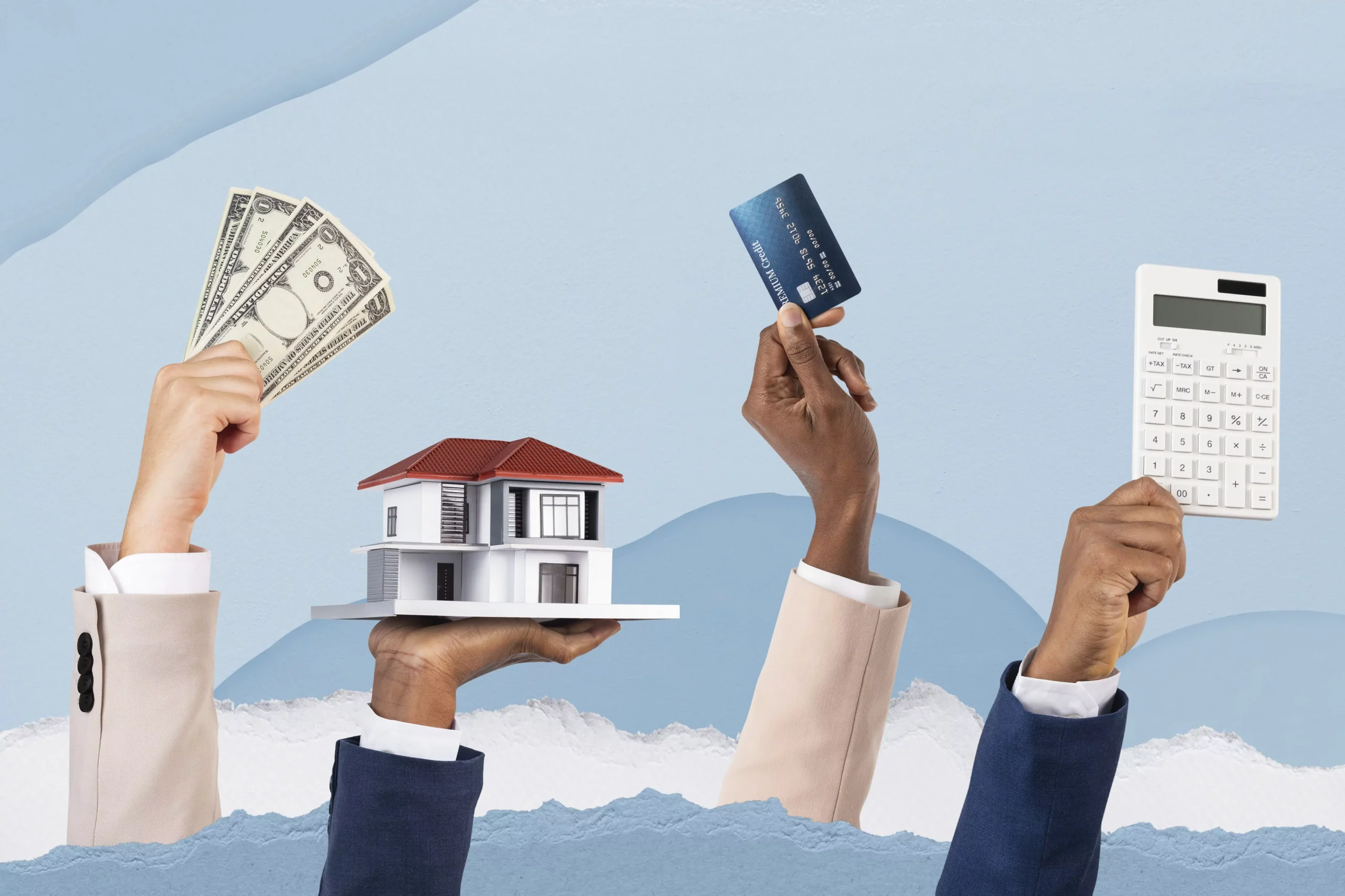What is extra cost of buying a home?
When taking out a mortgage, many people forget to consider the fees and expenses that come on top of the purchase price of the property.
Here are some of the extra costs that you’ll need to consider when you take out a home loan.
• Home loan application fees
• Mortgage fees and costs like LMI, Mortgage registration & establish fee and property valuation fee
• Property fees and costs like building inspection fees, legal fee, home and content insurance etc.
What is stamp duty?
Stamp duty, also referred to as ‘transfer duty’, is revenue levied by states on transactions relating to the transfer of land or property. It is paid upfront and needs to be budgeted for, in addition to your loan deposit.
The amount of stamp duty you are required to pay differs in each state, however there are three universal factors, along with the value of the property, that determine how much stamp duty you will pay. Contributing factors include:
1. Whether or not the property is a primary residence or investment property.
2. Whether or not you’re a first home buyer.
3. If you are purchasing an established home, a new home or vacant land
To find approximate figures please go to our calculator.
How do lenders assess applications?
While loan officers work solely for a lending institution and can only offer that institution’s products, brokers can help connect you to the lender best fit to serve your mortgage needs by shopping around on your behalf.
Finance brokers on the other hand are paid commissions by lenders to match borrowers to the right products and can negotiate the lowest rate on your behalf, which is why more than half of borrowers today turn to finance brokers when it comes to finding a home loan.
In order to decide whether or not to provide you with a loan, lenders will generally assess you against five qualities.
1. Your ability to repay the loan
To establish your capacity the lender will look at your employment history and salary to evaluate whether you have enough cash coming in to reliably pay the loan over time.
2. How much cash you have up front
Assessing your ability to put down a percentage of the value of the property being purchase up front is standard. The percentages vary, and specialist lenders may approve a 5% deposit.
3. The property appraisal price
Since the property is used as collateral if you are unable to repay the loan, the lender will value the property. Based on the report, the lender will decide whether the property is worth the loan being approved.
4. Your financial history
Your credit rating, expenses and debts will help the lender assess your character as a borrower and whether you are worth the risk.
5. Market conditions
Economic circumstances in the market can influence what interest rate you have access to and whether you need to provide extra security. They can also influence the repayment schedule.



